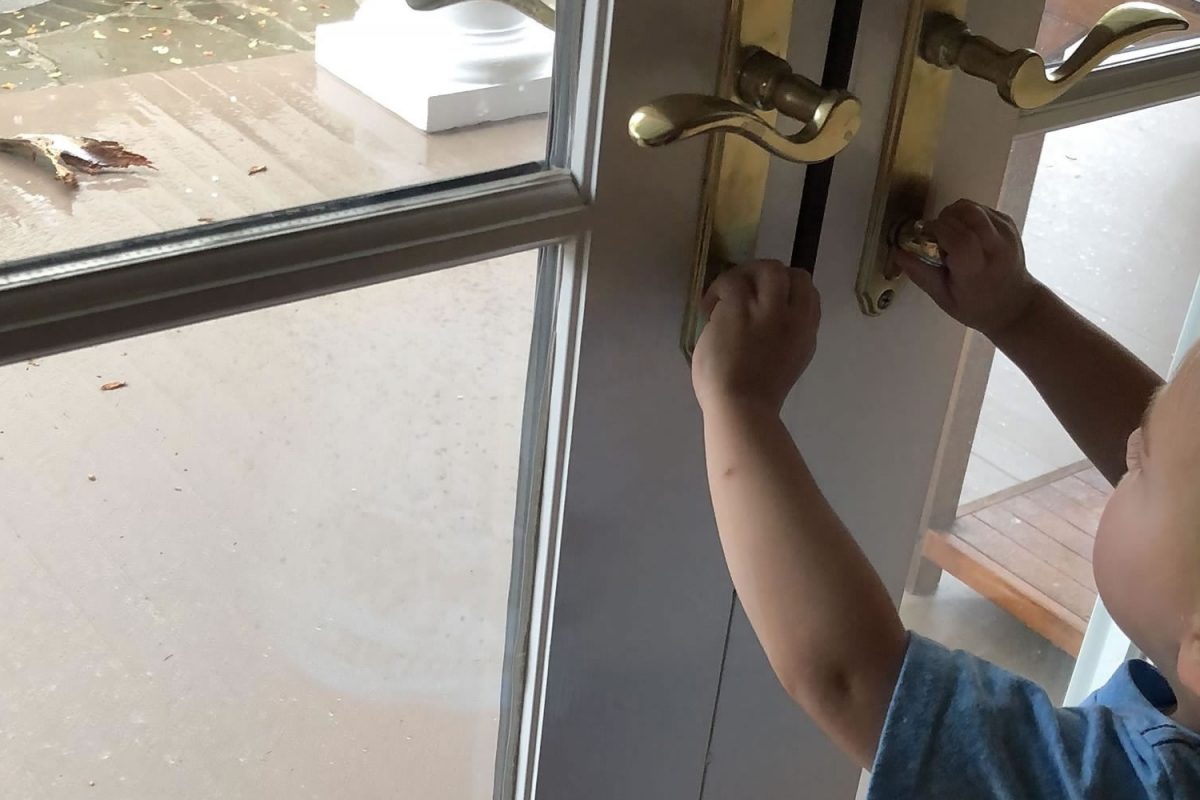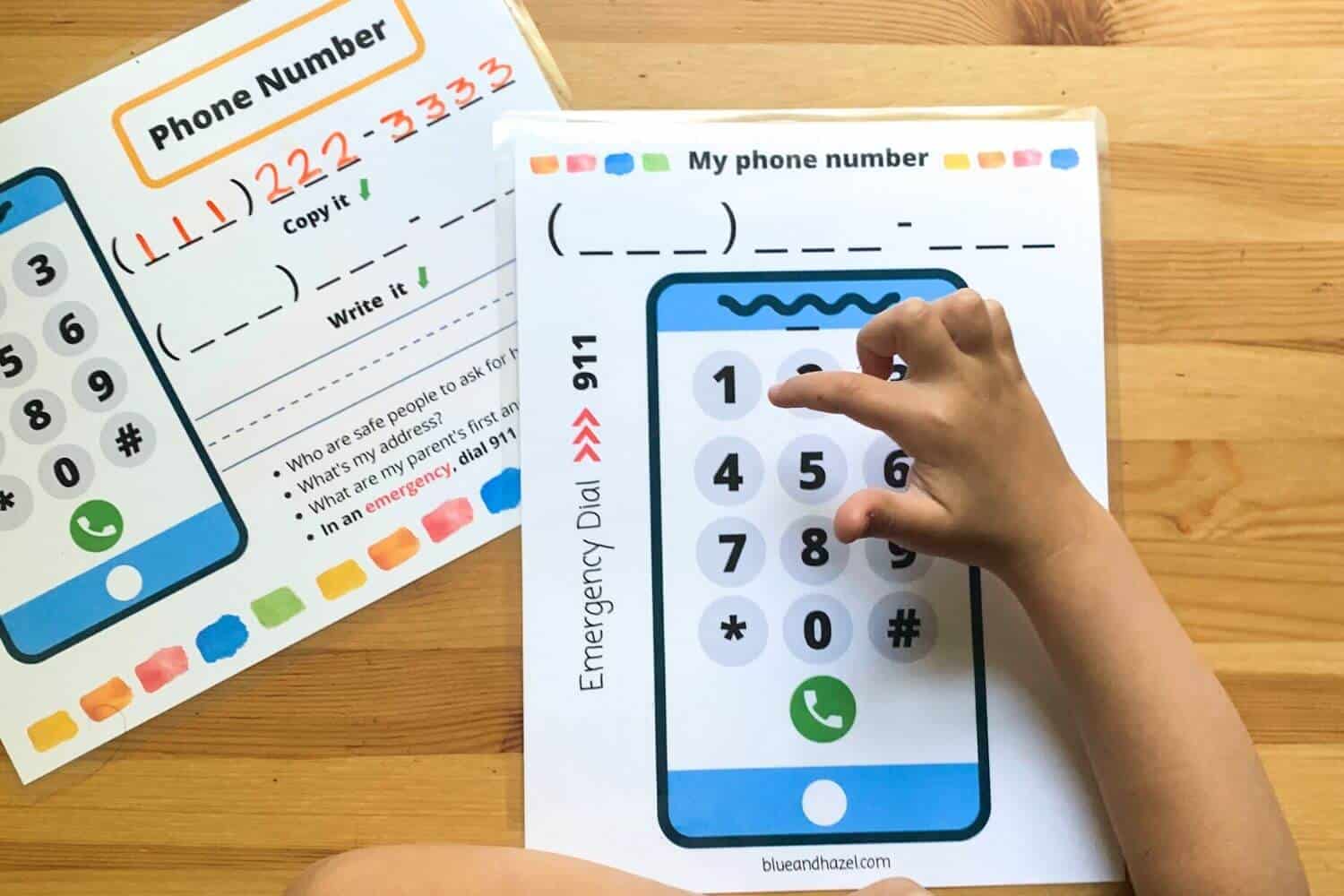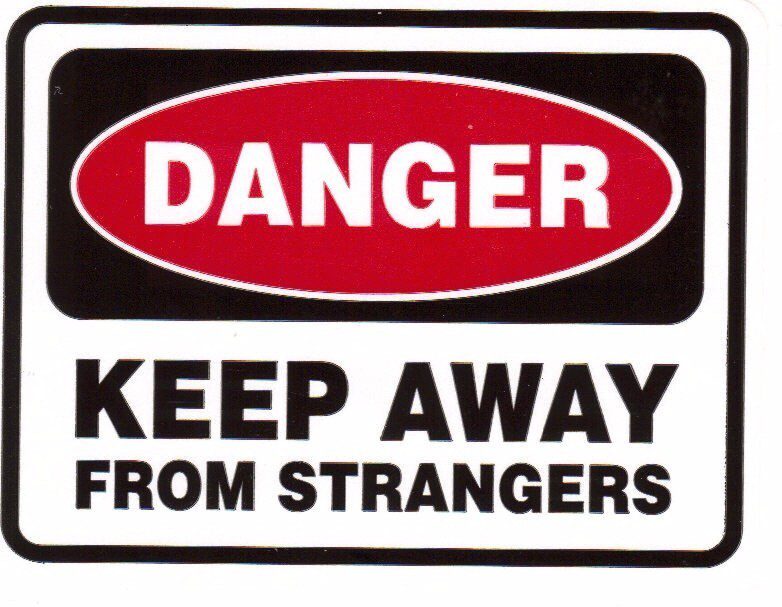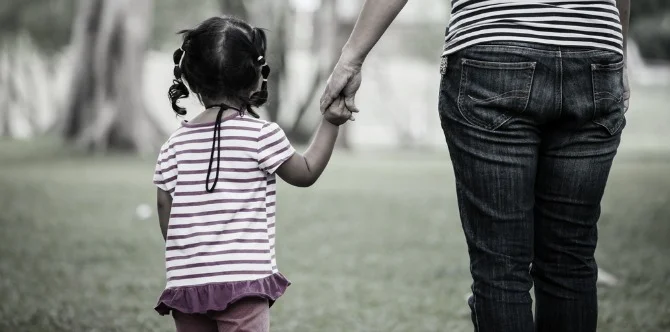Safety of your children is paramount whether at home or outside the home. While it’s easier to keep an eye on them while you are around them, it’s much more difficult when you are not present with them. This is when they have to rely more on the knowledge of the security measures you have instilled in them. Along with supervision and ensuring a safe environment, you can also improve home safety and security of your children by teaching them about what’s safe and what’s not, and what to do in certain situations.
Teach Your Kids to Always Keep the Doors Locked

Closing the door after you and locking them should be your number one safety measure to introduce at home. This will not only ensure that intruders cannot access the house and also the younger kids cannot find their way out. Keeping the door closed will give you the confidence that your kids are well protected inside.
At the time when they are infants, it would have been easier to ensure their safety is maintained as there are numerous safety devices to use in the market. However, at an older age, they are able to understand the importance of safety measures you have taught them.
Ensure that Kids Know Your Contact Information

You should ensure that your kids are aware of where to get help in case of an emergency. This is not only beneficial to the kids but also to the entire family. Sometimes, as a parent, you may be faced with a case of emergency and cannot contact anyone for help.
However, having the children understand how to use a cell phone and memorize emergency contacts will be really helpful to the family. In most homes, you will get a contact information sticker and place it on the fridge.
It is important to ensure that the child memorizes some of these emergency numbers. For those who may not be able to memorize that information, just start by teaching them their full names, your names, and other basic information.
Teach the Kids not to Trust or Accept Gifts from Strangers

Teaching your child on how to not interact with people they don’t know or are not close to is a key safety rule that will help minimize cases of kidnapping or other dangers.
You may not always be there with your kid especially after they start school. The only thing you can do is to ensure that they understand ‘stranger danger’ and that they are not supposed to trust people they don’t know.
Moreover, despite how safe your neighborhood may be, you may not know where the danger lurks. Some children are very friendly and do not fear talking to people they don’t know.
Kids may fail to understand the seriousness of the situation, so you should find ways to make the child know how it is not safe. For instance, tell the child that if someone whom they don’t know says “mom asked me to take you somewhere,” the child should stay in the house and call the emergency number.
Teach them to never share Personal Information Online

The internet has its negative side and this includes cyberbullying and other crimes facilitated through the Internet. Teenagers are fascinated by the internet and may spend a lot of their time there meeting and talking with strangers. As a parent, you should create awareness to the kids on the dangers that may lurk on the internet.
Safety measures should be aimed at ensuring your kids understand that they should not give out any personal information to an individual on the Internet.
Teach your children about their body
Incidences of children being sexually abused by strangers and even people they know is on the rise. It is good to ensure that the kids are aware of the dangers that surround them even at an early age.
Teaching children about their bodies early enough will also ensure that they do not get misguided information on the Internet. Moreover, this is a safety measure that will ensure your child is aware of how to carry themselves and how those around them should interact.
Never to take anything given to them by people they don’t know
This is an important safety measure that the parents should teach their children. People with bad intentions may try to win over a child’s affection by offering them gifts.
However, as a parent, always teach them that they should never accept any gifts that are offered to them by people they don’t know and instead decline it politely.
You should also teach the child to trust only a few family members, for instance, the parents, grandparents and other close family members.

